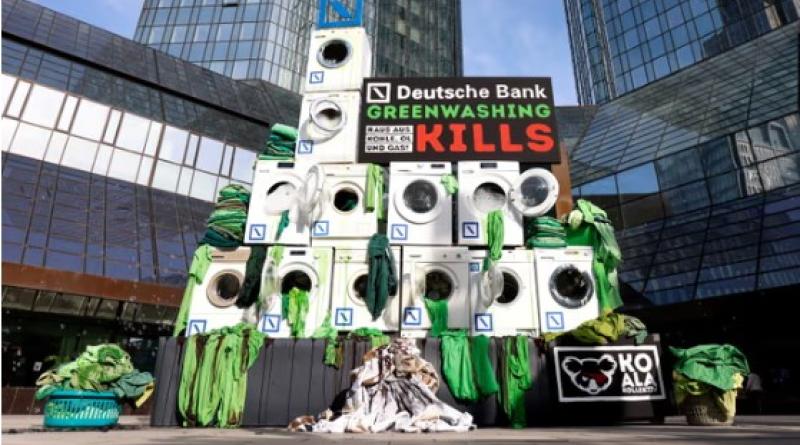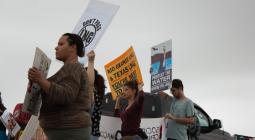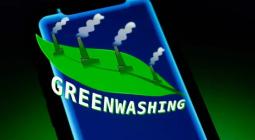Fear of reprisals prevent people calling out employers on climate, says charity

Workers can often be first to spot harms, from rule breaches and pollution to false sustainability claims
Concerns about being fired or victimised at work are preventing people from calling out their employers on the climate crisis and the wider environment, according to a charity.
A survey commissioned by Protect, a charity that defends whistleblowers, found fear of reprisals and uncertainty about how to provide proof were the main barriers to reporting on poor and misleading behaviour about the environment. Employees were also sceptical that their concerns would be properly dealt with.
The organisation started investigating after receiving a “surprisingly” low number of calls about the environment to its whistleblowing advice hotline. Of the handful who had contacted Protect about an environmental issue at work over the past decade, three-quarters said they faced negative treatment as a result.
Workers inside organisations can often be the first to spot environmental harms, from the illegal dumping of chemicals into a river to false claims about a product’s sustainability.
Whistleblowers can make a difference by reporting those concerns. A gas company was fined after a whistleblower identified dangerous regulatory breaches while civil servants speaking anonymously to the press helped expose failures by England’s environmental regulator to prevent water pollution.
In Germany, Desiree Fixler lost her jobafter exposing corporate greenwashing at Deutsche Bank’s asset management arm DWS Group. But her actions led to several regulatory investigations and recently forced the company into a multibillion-dollar settlement with the US Securities and Exchange Commission.
“Workers are the eyes and ears of an organisation and are best placed to spot when things go wrong,” said Caitlín Comins, a legal officer at Protect. “With the right information, they can raise concerns and damage can be prevented, minimising the impact on the environment. By exposing environmental wrongdoing, they can also help ensure organisations are accountable for their climate impact and there is appropriate intervention where required.”
Legal experts say growing requirements on companies, especially publicly listed ones, to disclose and control their environmental impacts give employees new opportunities to highlight discrepancies between what their employer says in public and what it is actually doing.
Protect acknowledges there are risks involved in whistleblowing, but says it has found little understanding among UK workers that they can raise environmental concerns and receive some legal protection. To help address this it has published a guide for environmental whistleblowers, which explains how the law works, how to raise concerns properly and how to seek redress for victimisation.
Workers can also raise concerns directly to the UK’s environmental regulators, although few people currently do so; between April 2021 and March 2022 they only received 38 disclosures between them.
The Competition and Markets Authority, which has been investigating a number of green claims and has new powers to fine companies, invites anonymous tips but has not yet received any whistleblowing disclosures related to environmental matters.
Natalie Prosser, the chief executive of the Office for Environmental Protection, said her organisation was a safe space for people to report their concerns. “It is critical that we do this alongside other prescribed persons, now more than ever, to ensure that potential threats to the natural environment can be identified and where possible, guarded against.”
Arpita Dutt, a lawyer who represents whistleblowers and is chair of Parrhesia, a charity supporting the human rights of UK whistleblowers, hoped the new guide would raise public awareness about the law. “Ultimately, we may see the rise of environmental whistleblowers and, importantly, the apprehension of further environmental harm.”
Photograph: Heiko Becker/Reuters - Desiree Fixler lost her job after exposing corporate greenwashing at DWS Group.






